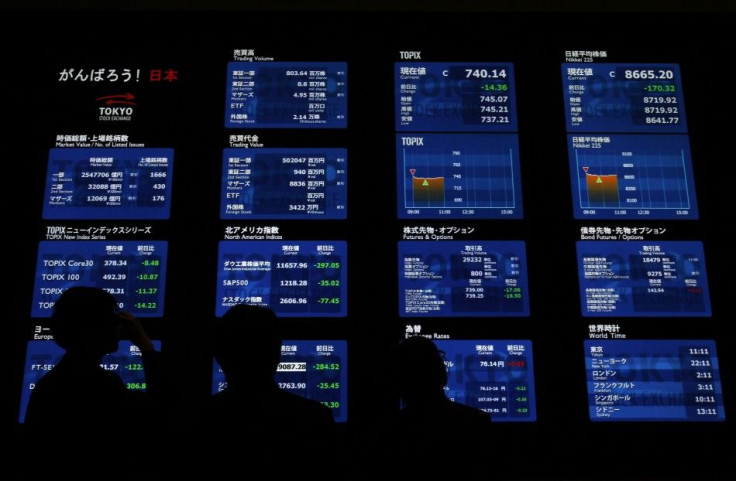Tokyo, Osaka Stock Exchanges to Merge

Japan’s two premier stock exchanges, the Tokyo Stock Exchange (TSE) and the Osaka Stock Exchange (OSE), announced that they will merge in an effort to fight off slow market climate in the country.
The combination will create the largest bourse in Asia -- with listed stocks having a value of $3.6-trillion -- and the third- biggest in the world. (China had earlier replaced Japan as the second-largest stock market in the world).
The merger is expected to be completed in January 2013, after the TSE purchases two-thirds of OSE through a public tender offer. Under terms of the agreement, TSE will pay 480,000 yen ($6,230) for each OSE share. On Monday, OSE shares closed at 421,000 yen ($5,464).
The merged entity will be called Japan Exchange Group Inc.
TSE said in a statement that it expects the merger to result in savings of 7-billion yen ($91 million) in connection with costs connected to the combination of trading systems.
Due to the pernicious effects of tepid economic growth and deflation, equities trading and new listings have been sluggish in Japan. The benchmark Nikkei-225 index has plunged almost 80 percent in value over the past two decades.
BBC indicated that while Japan has engineered about $551-million in initial public offerings so far this year, China has witnessed an astonishing $39-billion in IPOs.
Reuters reported that while the Tokyo exchange controls more than 90 percent of cash equity trading, Osaka attracts significant volumes in Nikkei index futures and other derivatives.
Sadakazu Osaki, a senior researcher and exchange expert at Nomura Research Institute, told Reuters: "This [merger] will create a well balanced exchange.”
The world’s largest stocks exchanges are the NYSE Euronext (combined value of listed stocks: $14.5 trillion) and Nasdaq OMX Group Inc. ($4 trillion).
© Copyright IBTimes 2024. All rights reserved.











